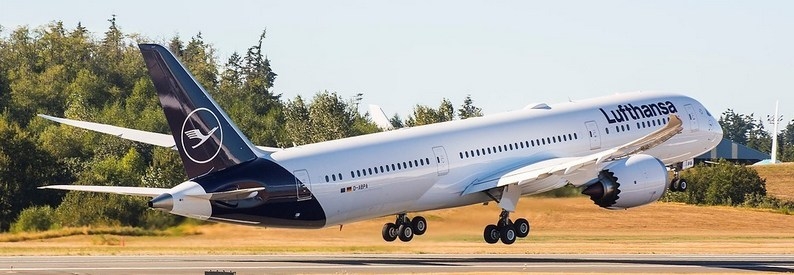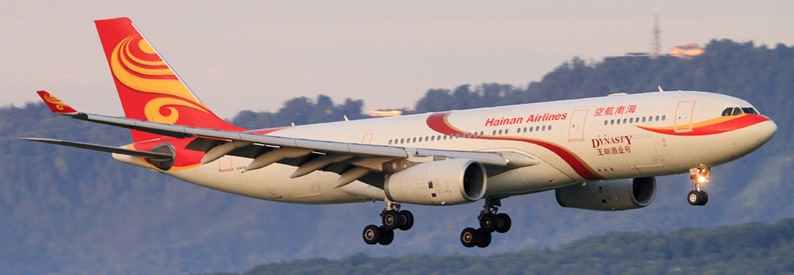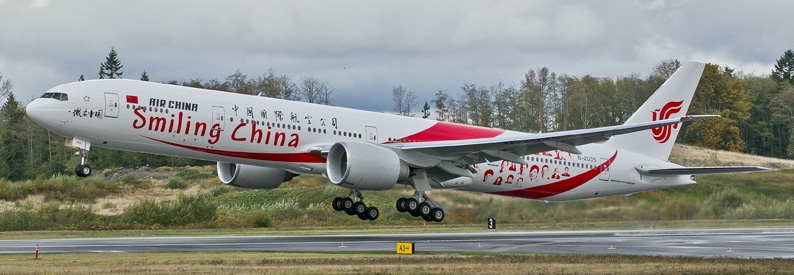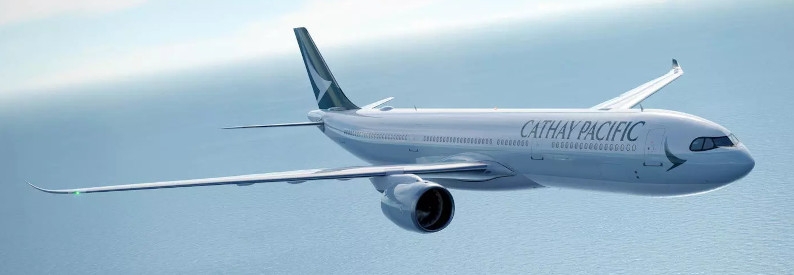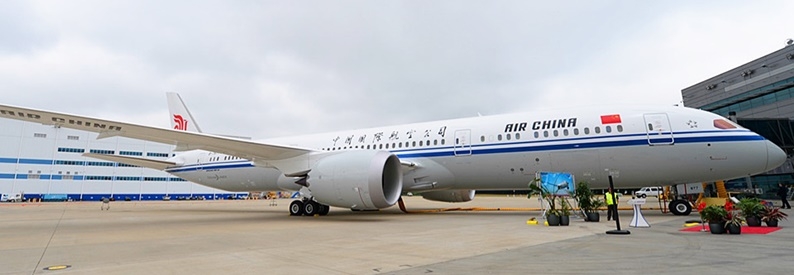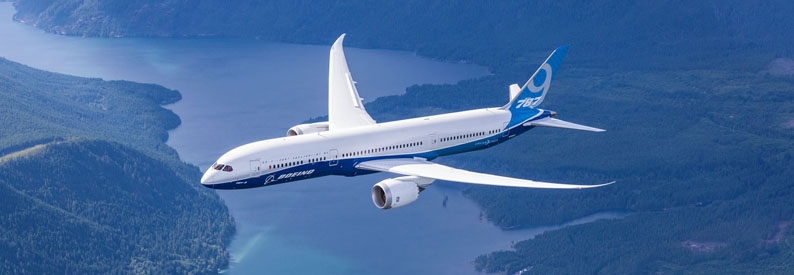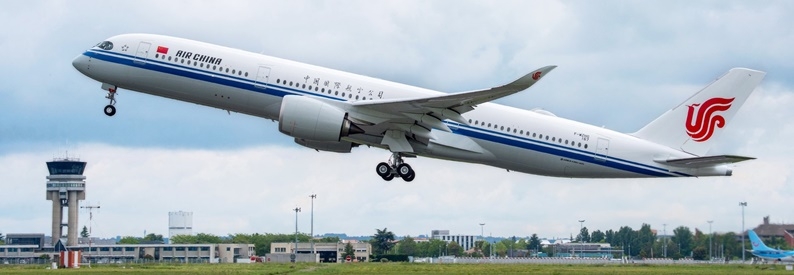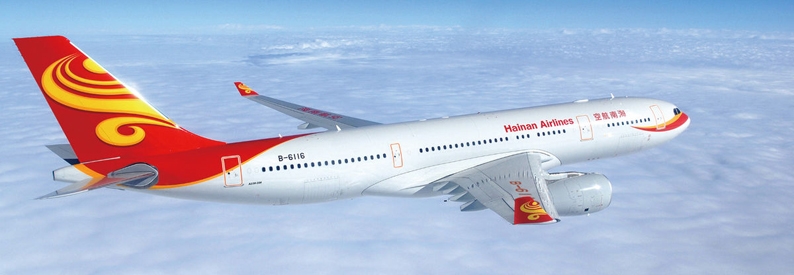Some of the HNA Group owned carriers in mainland China are late with their lease payments, Airfinance Journal revealed. According to its report, while the Hainan based group is not short on cash, it is using it to cover other needs of Hainan Airlines (HU, Haikou) and delaying payments to the smaller lessors.
“It’s technically in default and significantly past the due date,” one of the Airfinance Journal's sources said about a HNA-owned airline's delayed payments on a narrowbody lease.
While the article did not name any affected lessors or airlines which are late on lease payments, mainland China subsidiaries of HNA Group include Air Changan, Capital Airlines (China), Fuzhou Airlines, Lucky Air (China), Tianjin Airlines, Air Guilin, West Air (China) and Urumqi Air. Hainan Airlines itself, the largest carrier in the group, is on time with all the lease payments, Airfinance Journal reported. The problems also do not affect Hong Kong-based subsidiaries - Hong Kong Airlines and Hong Kong Express, nor foreign carriers in which HNA Group holds a stake.
According to the lessor sources quoted by Airfinance Journal, the problem would mostly affect smaller lessor companies and only a limited number of aircraft. However, due to the HNA Group's scale, in total, the delays can amount to tens of millions of dollars. According to the sources, this money would be used as a rollover loan by Hainan Airlines to cover other, more pressing cash needs.
On November 20, HNA Group asked creditors to extend the maturity of a USD448 million loan, originally due on November 24, by three months, Reuters reported.
HNA Group recorded a profit of USD278.9 million last year, according to Fortune. Hainan Airlines itself earned USD513.8 million in 2015, according to its annual report.
According to the ch-aviation aircraft module, HNA Group subsidiaries lease their planes from over a dozen different lessors, including the largest ones such as GECAS, CDB Aviation, SMBC Aviation Capital, AerCap and Air Lease Corporation. Their portfolio is diversified with most of the lessors only providing less than five aircraft to any given airline. For example, Lucky Air leases its fleet of forty-four aircraft from as many as twenty different lessors, while Capital Airlines leases its fifty-four aircraft from fourteen different companies.

